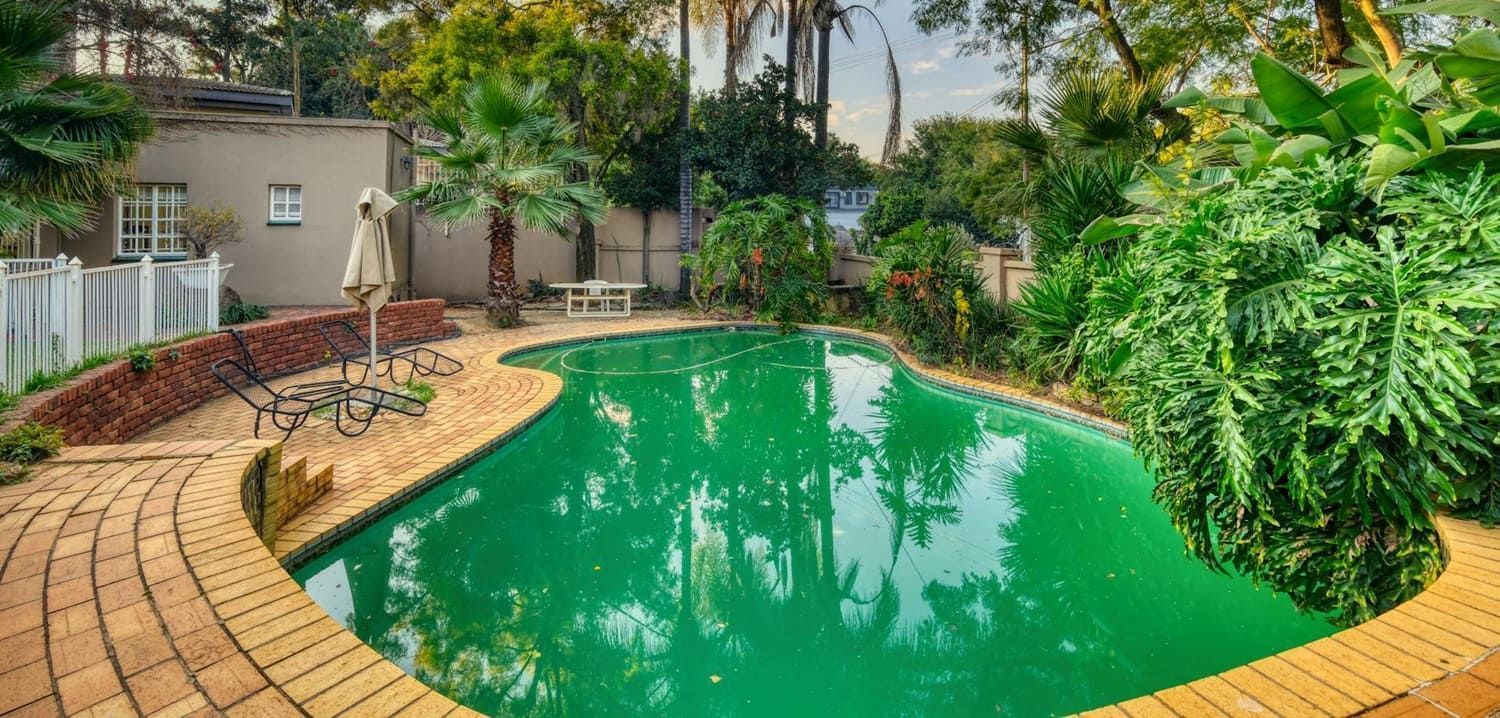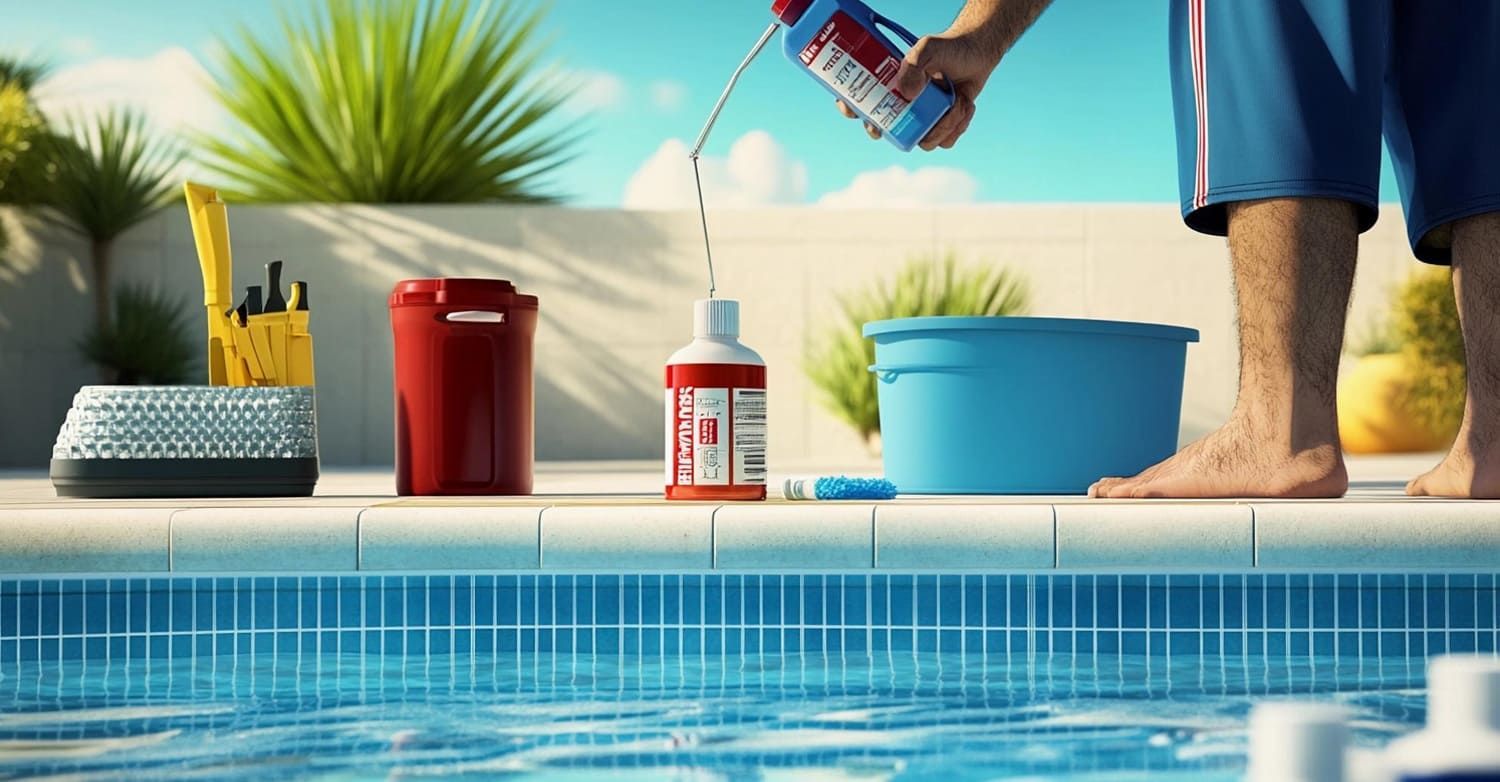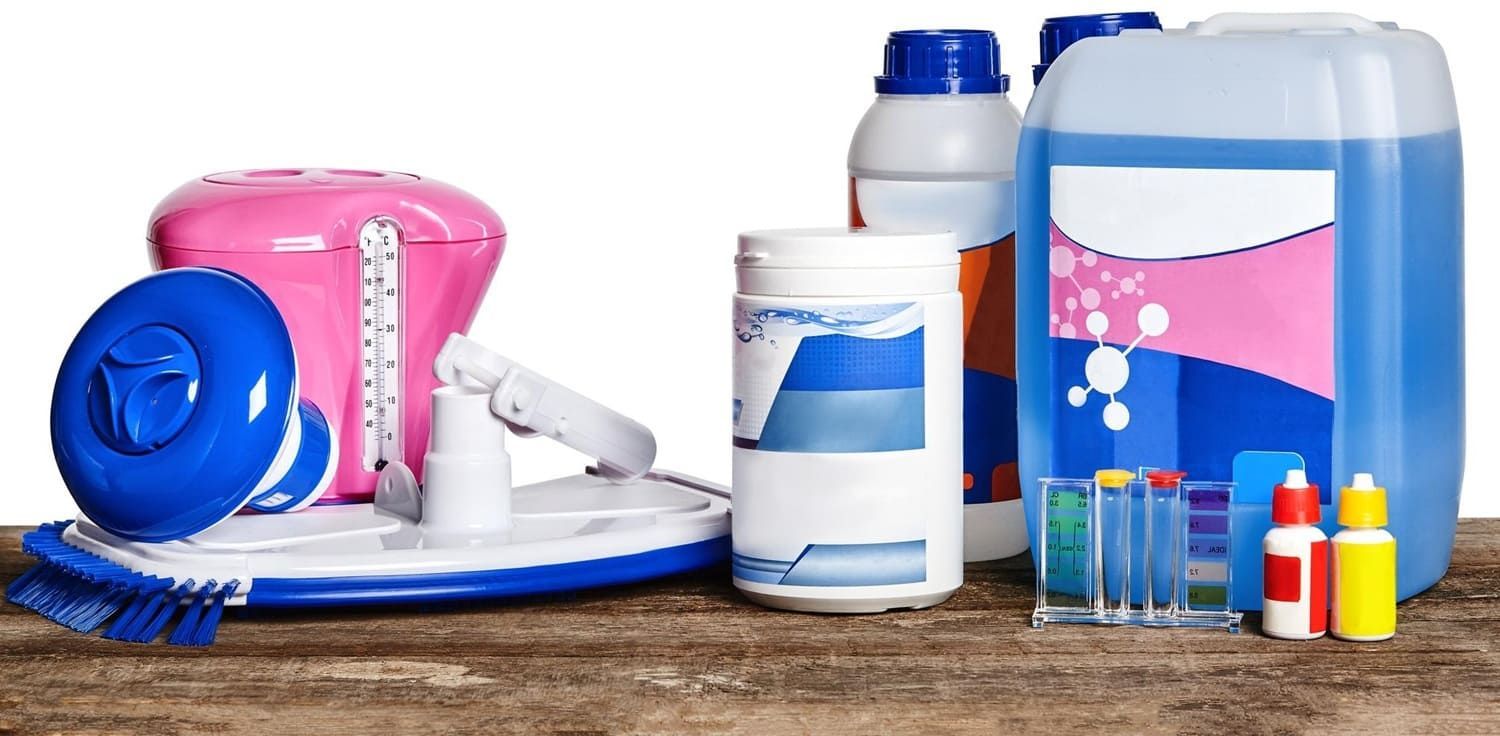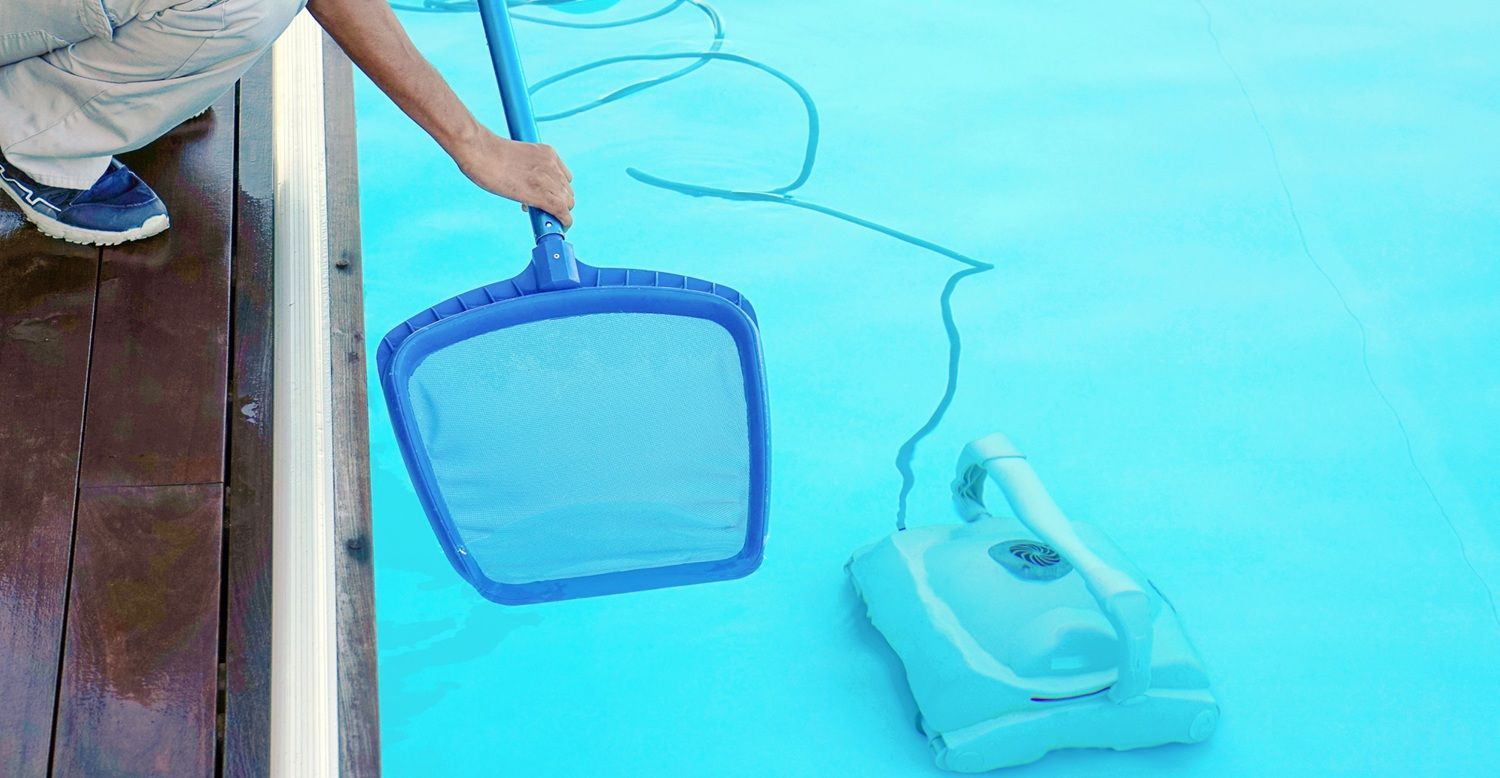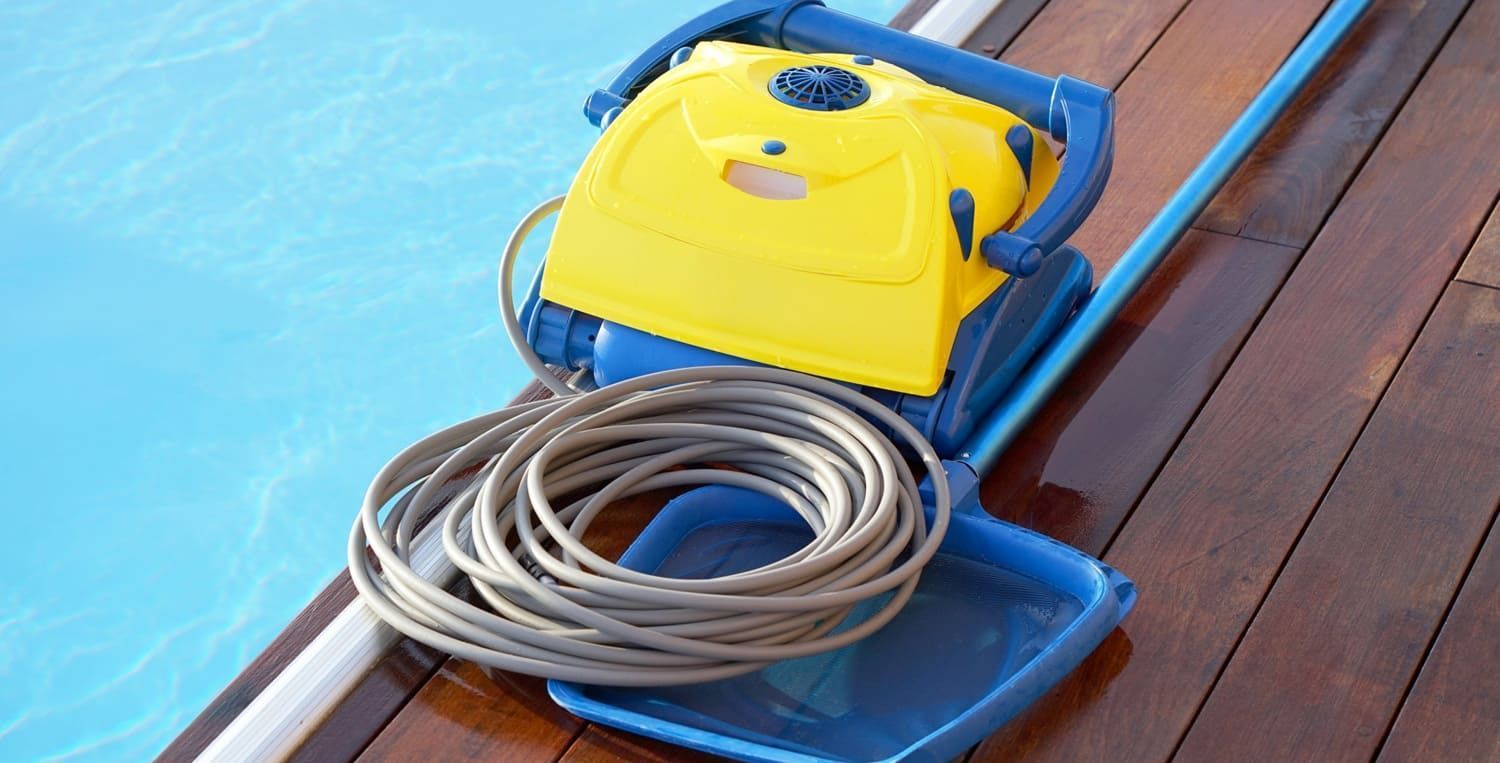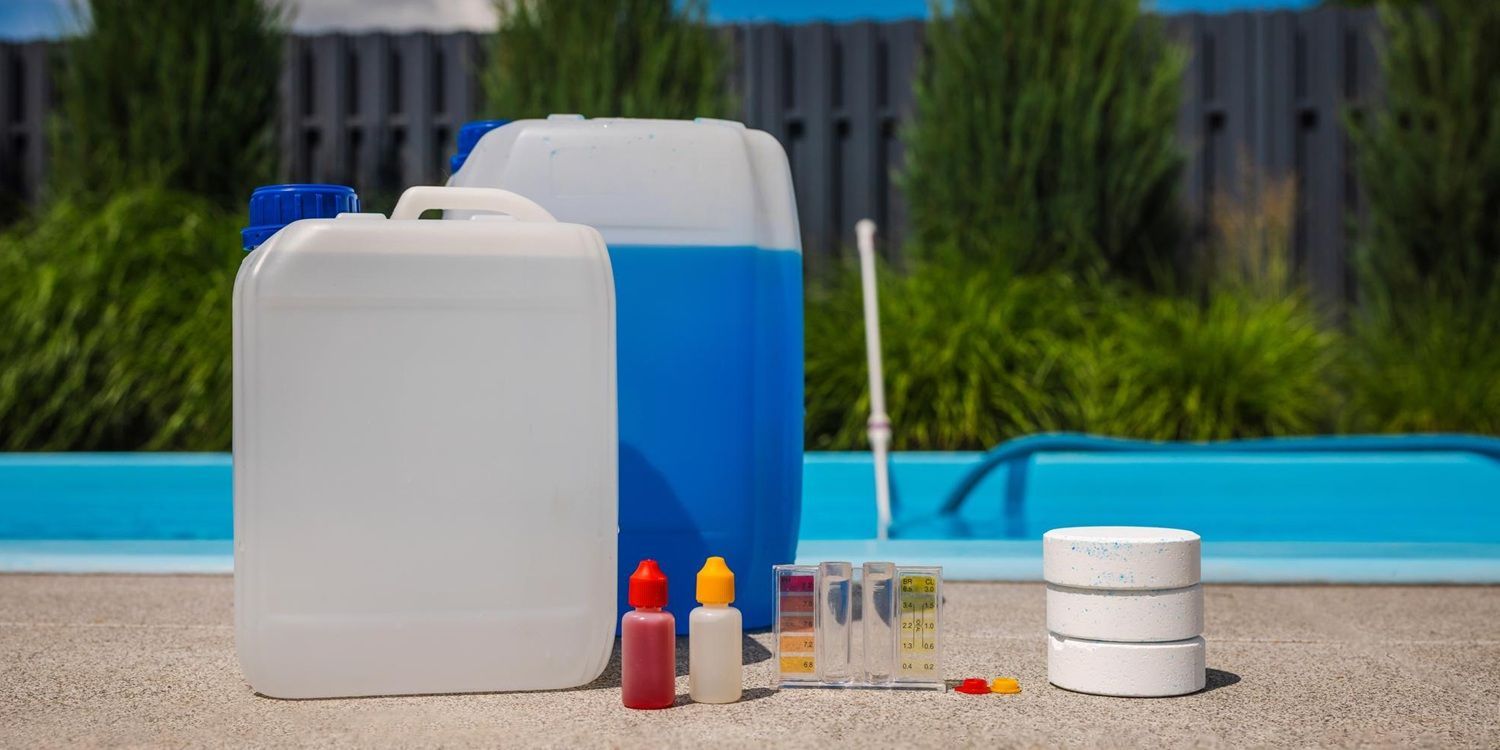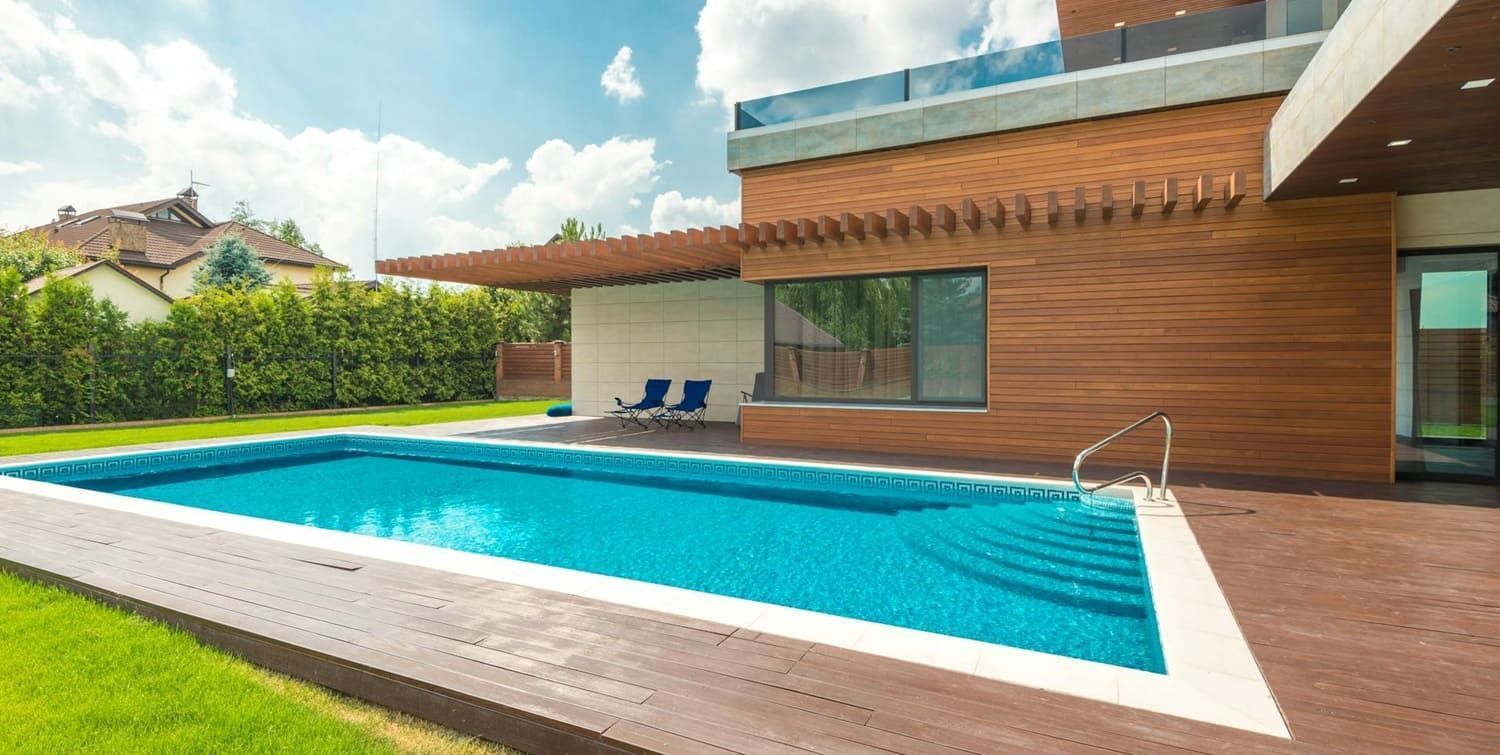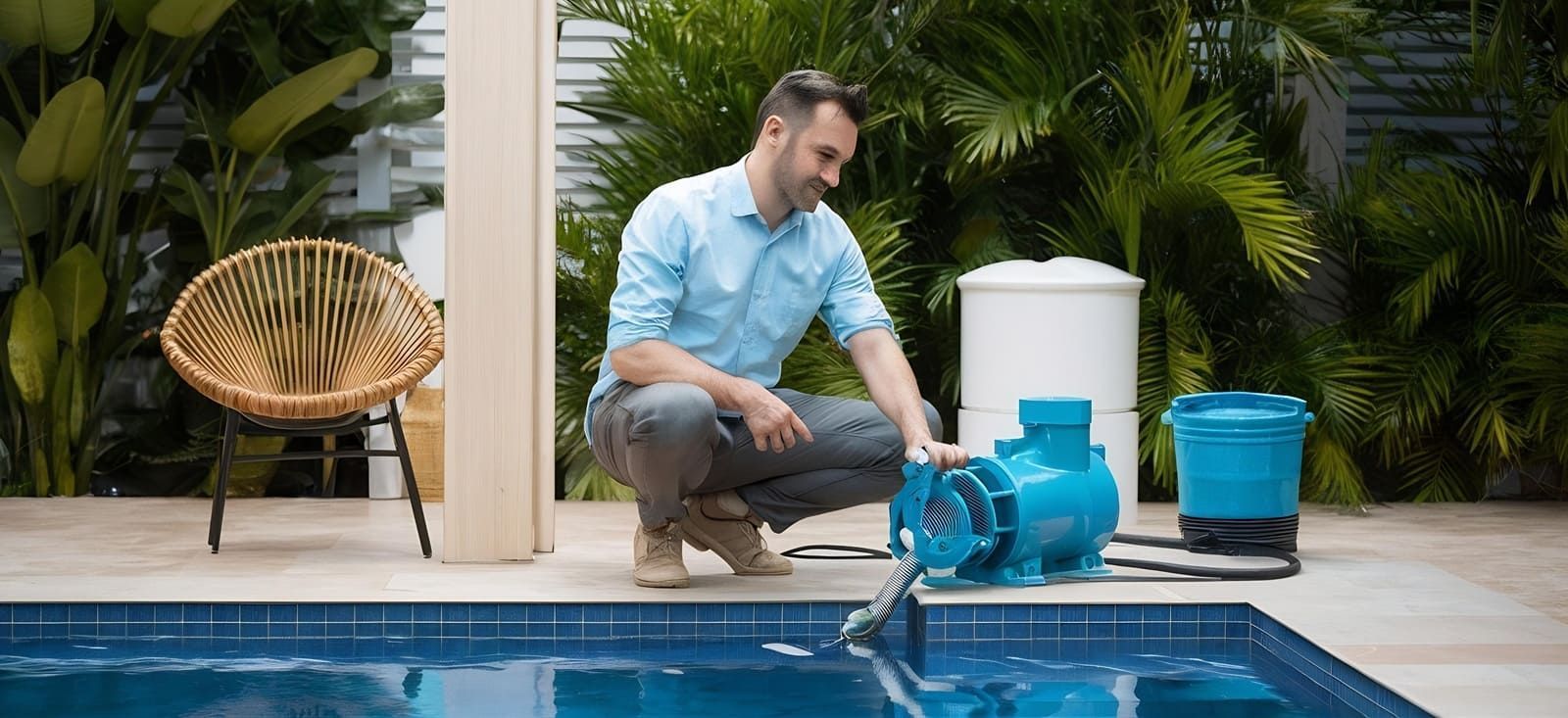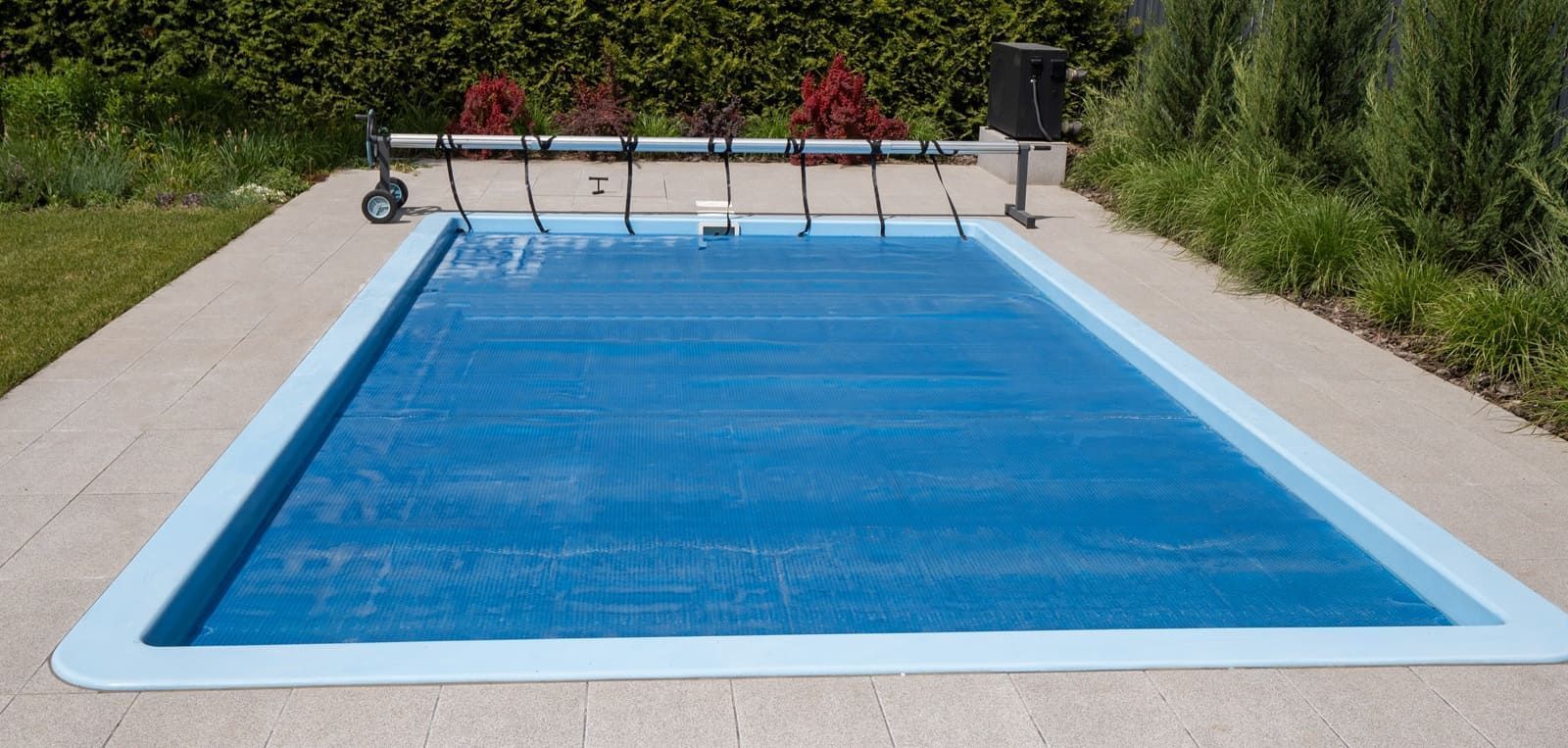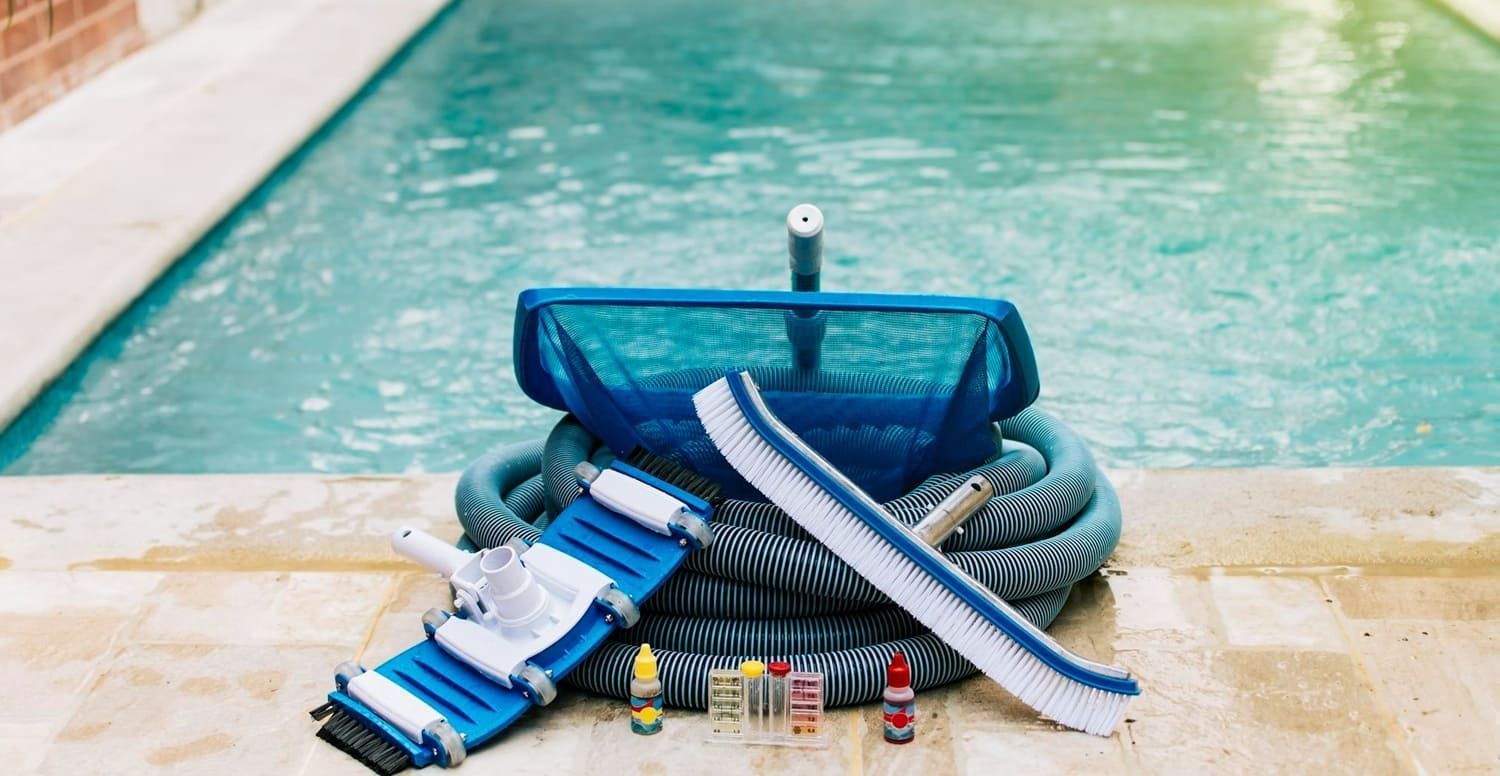Concrete or Travertine? Choosing the Types of Pavers for Your Patio
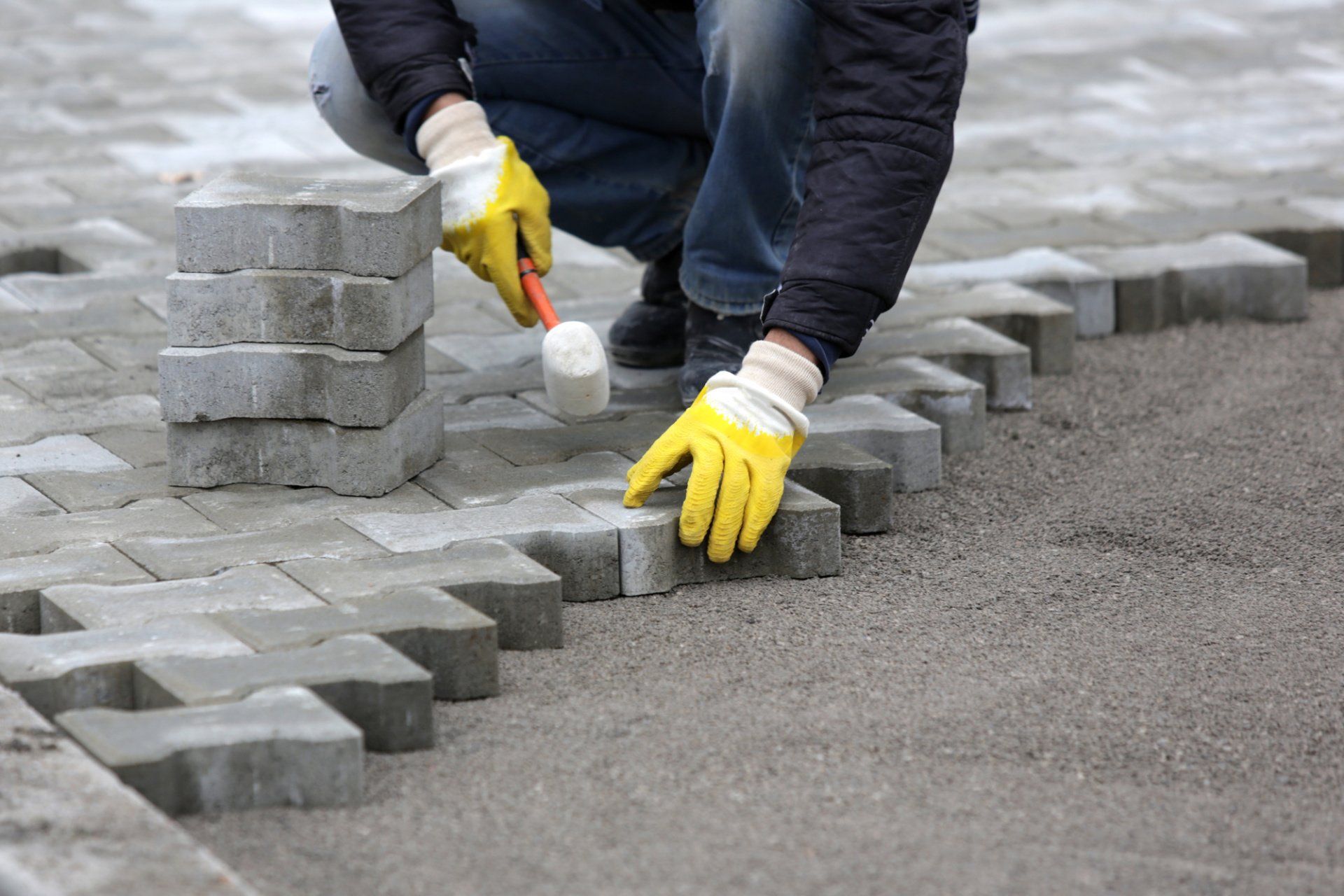
A well-maintained yard will leave you enjoying your outdoor space more and having beautiful curb appeal can add 5-10% value to your home as well.
The simplest way to have your home looking top-notch is by laying pavers in your walkways and patio area. It may
seem like a daunting task to choose a style that works for your home from all of the types of pavers available, but we're
here to help you get through the process!
However, each of these different types has several styles in each category which is why you may have felt a little overwhelmed when you were at the store looking for design ideas.
The simplest way to tell the three types apart is by asking, "What are pavers made of?"
They are very popular in all climates due to their price and ease of installation, but they can look a little ordinary and not add a lot of pizazz to your walkways or patio.
One way to spruce up a brick paver is by applying a paver sealer , which will help keep it looking newer longer.
But if you're completely opposed to brick pavers altogether, then you've narrowed your decision down to two other
types - congrats, again!
Where they differ is from their texture and durability and that all depends on how they're designed.
The two categories of concrete pavers are interlocking and architectural slab.
Interlocking concrete pavers were invented after World War II by the Dutch when their brick supply was low.
Interlocking concrete pavers are:
- Thick
- Made from a strong concrete mixture
- Can be used for driveways
- Have edge spacers for uniformed joints
- Wide array of colors
Architectural slab concrete pavers are:
- Thin
- Made from a wetter concrete mixture
- Cannot be used for driveways
- Do not have edge spacers, giving it a more natural look
- Colors tend to be more neutral
Natural stone patio pavers consist of several different materials and are considered incredibly durable.
Some of the most common natural stone paver materials are flagstone, slate, granite, and travertine.
Travertine is becoming increasingly more popular with homeowners and contractors for a number of reasons:
- Gives your outdoor space a unique, high-end look which adds value to your home
- Was used in Ancient Rome and complements the aesthetic of European design and architecture
- Is resistant to discoloration
- Easy to maintain
- Stays cool on hot days
- Extremely durable and can last centuries
When we say that travertine is durable and can last centuries, that's not hyperbole. The
Colloseum in Rome was built with travertine and it's still standing...at least partially!
Travertine is also becoming a popular choice for pool patios and is replacing river rock. While tumbled travertine is very slip-resistant, polished travertine or travertine tiles can be slippery when it gets wet, and a
non-slip treatment should be applied to these types.
Now that you know the differences between the different types of pavers, let's take a look at the pros and cons of each, shall we?
aesthetic you wish to achieve. However, there are advantages and disadvantages to both.
To make this simpler, let's first look at the pros of concrete pavers stones:
- Adds instant value to your home
- Wide array of colors to choose from
- Comes in various textures and shapes
- Can be used in many different applications (depending on whether you use interlocking or architectural slab)
- Smaller installations like walkways, pathways, and small patios can be a DIY project
- Affordable
- Environmentally friendly
- Slip-resistant (when tumbled travertine is installed)
- Extremely durable
- Unique and offers a high-end look which increases home value
- While the colors are more neutral, there are various tones and colors to choose from
- Can be used in many different applications
- Resistant to debris such as moss or grime
- Low-maintenance/upkeep
Now let's run through the cons of installing concrete pavers:
- Because dyes are added in the manufacturing process, the color will fade due to UV exposure from the sun
- Will erode over time, leading to shorter longevity
- Moderate upkeep due to sealant applications and scrubbing off of mildew and stains
- Has a more "common look"
When it comes to natural stone patio pavers like travertine, it may seem like there isn't a downside and your mind is already made up, but before you make your final decision, there are some cons that should be considered:
- Because travertine is a form of limestone, it needs to be quarried which leads to a higher cost
- Travertine is stone which means it's heavy! While doable, it does make DIY projects a little more difficult to pull off. A professional is often needed for transport and installation.
- The paver shapes are usually simple like rectangles or squares
- Limited in color - if you want a bright blue patio, you're not going to find it with travertine pavers
- Travertine is porous which makes it susceptible to staining from acid spills like juices, wine, vinegar, and acidic cleaners
Now that you have the pros and cons of both concrete pavers and travertine...
Making your patio pavers last is the key and we can help! We offer a 100% satisfaction guarantee on ALL of our products and are ready to answer all of your pool and patio questions. Contact us today at 480-237-9363 or Info@LayorCare.com.
Recent Posts
